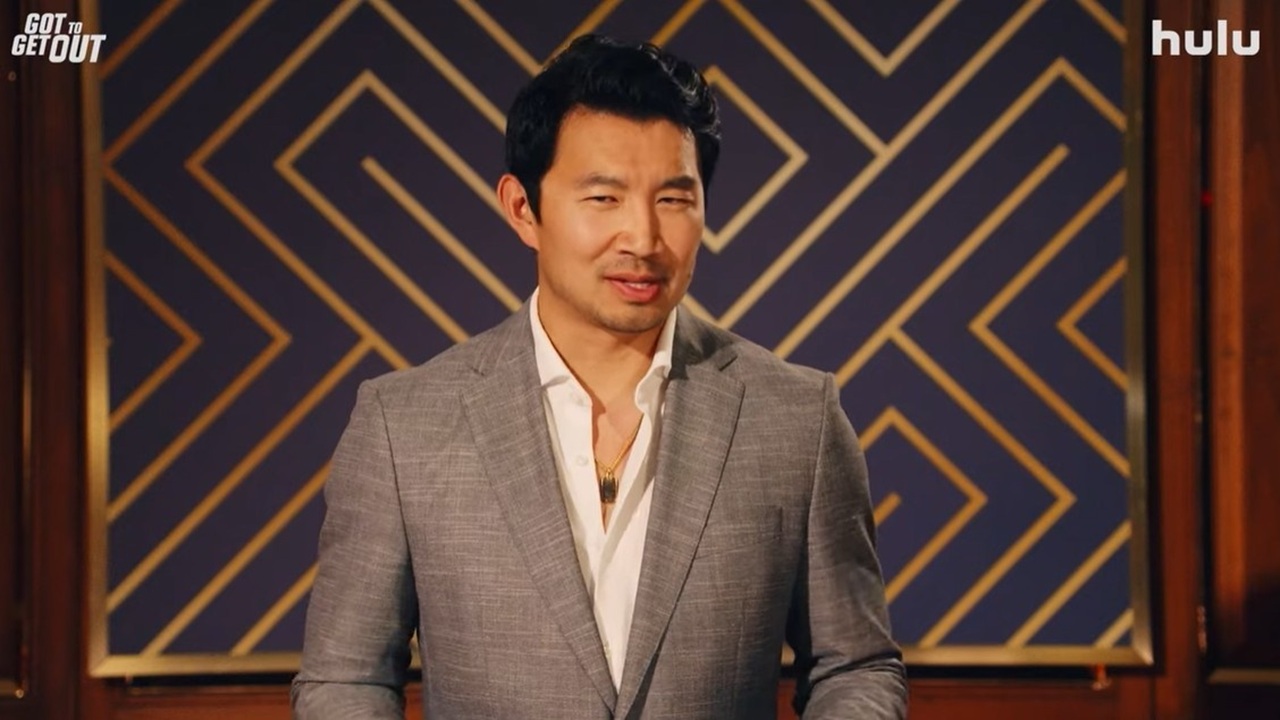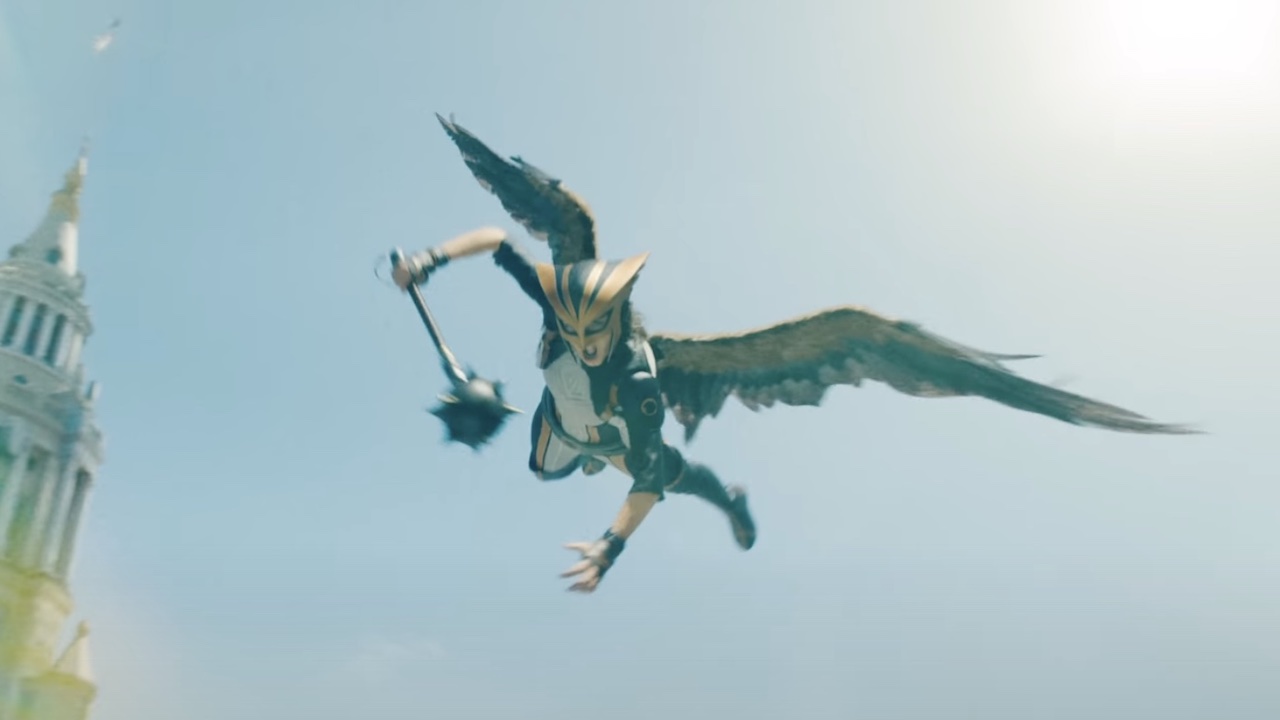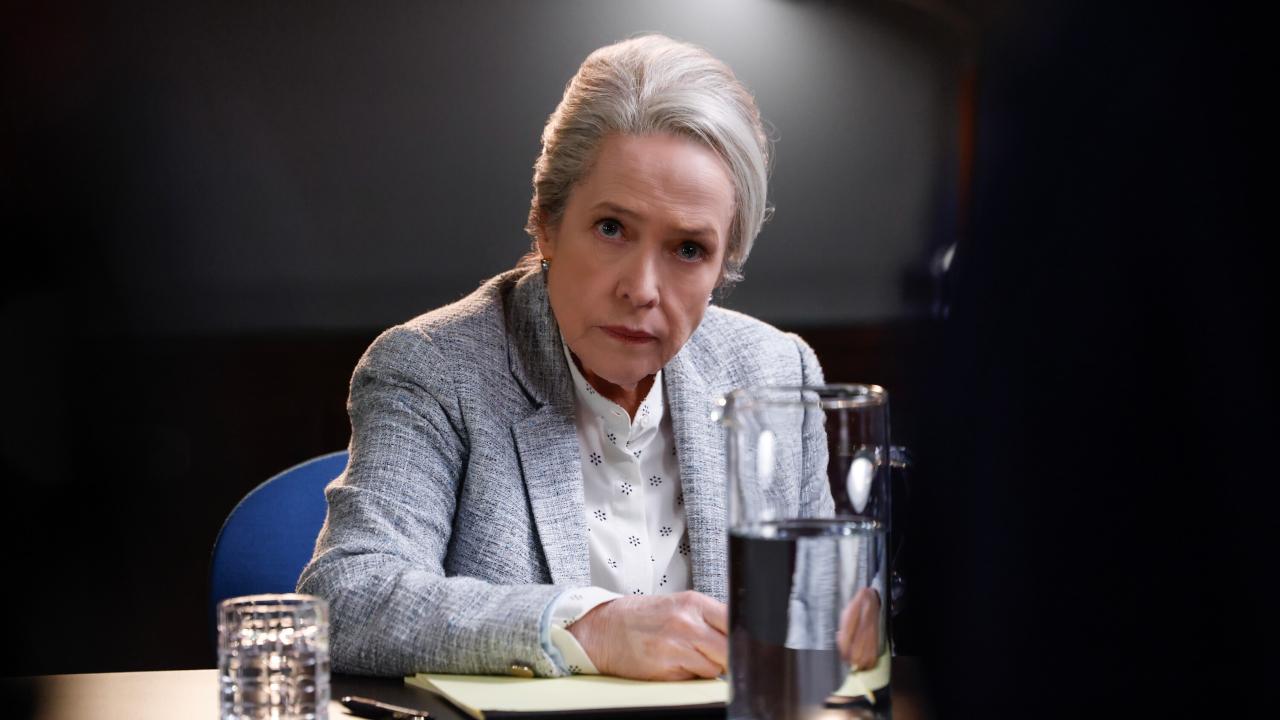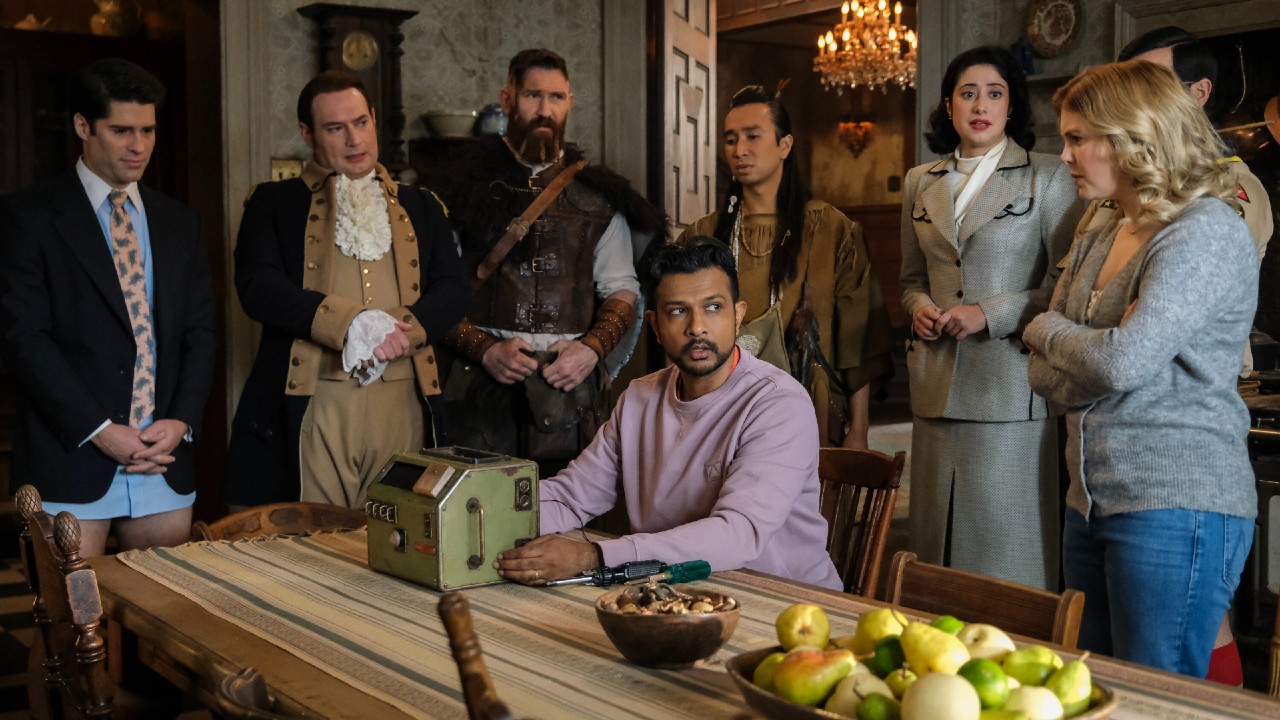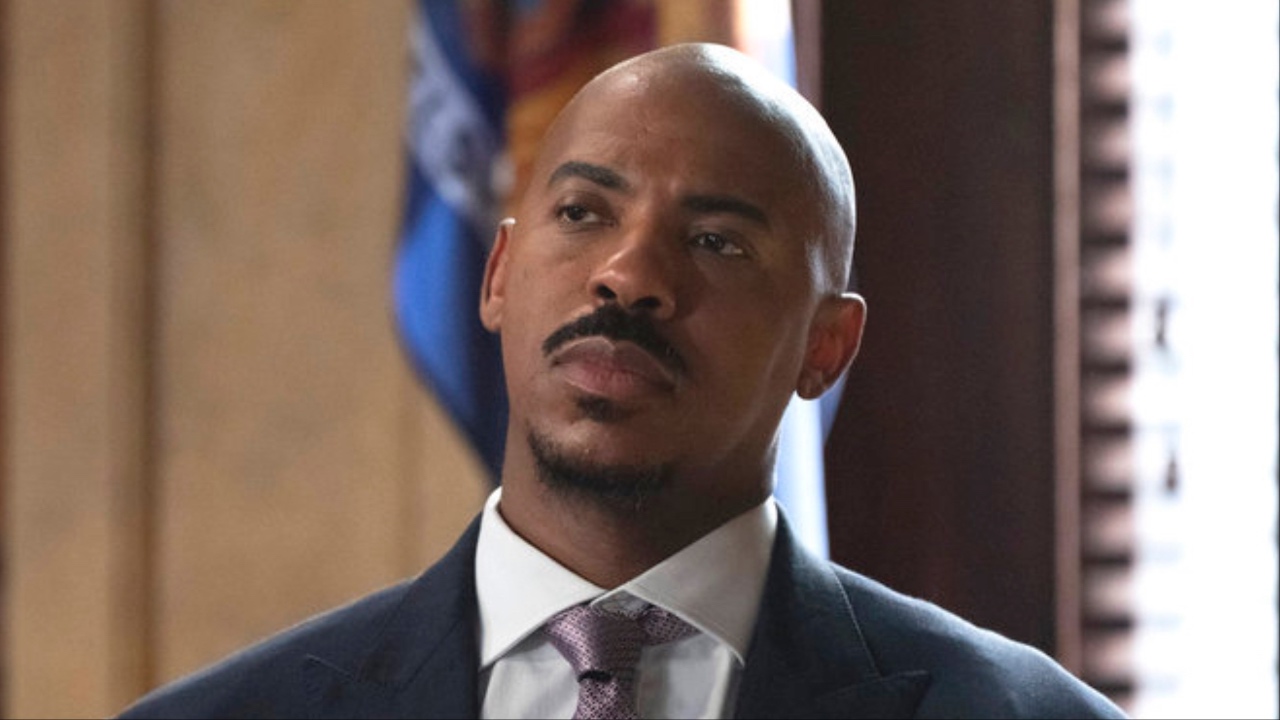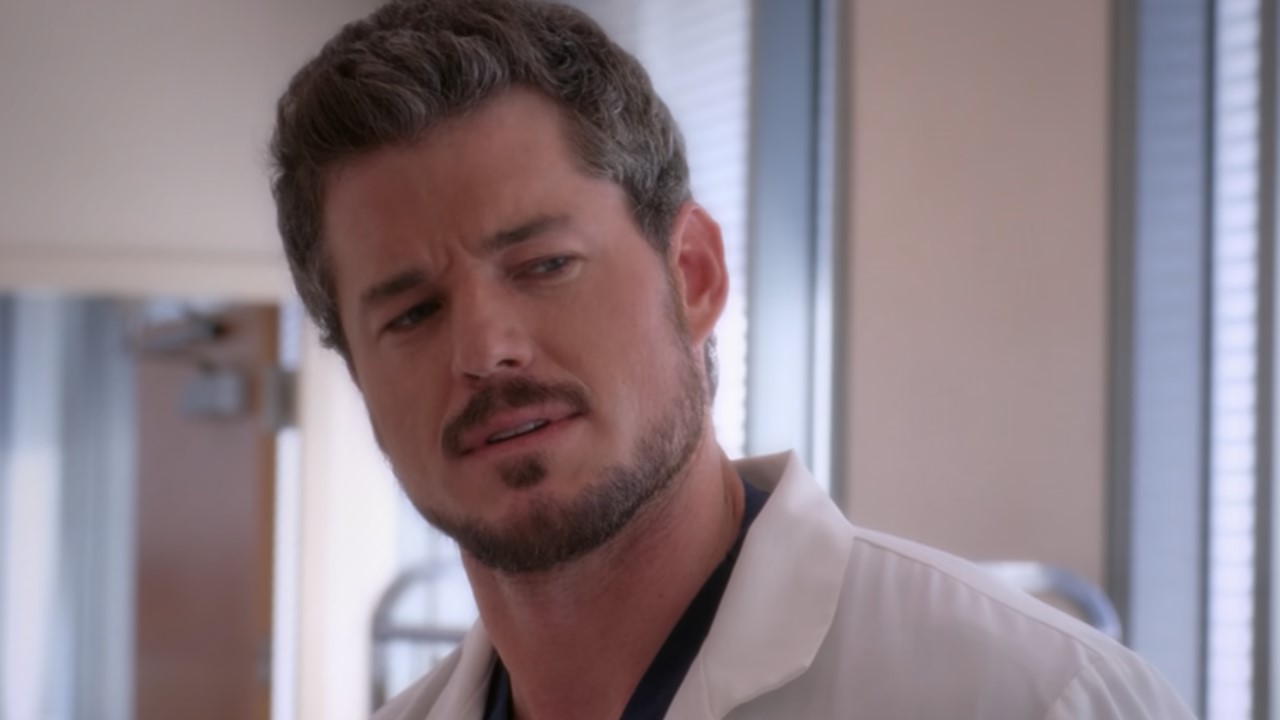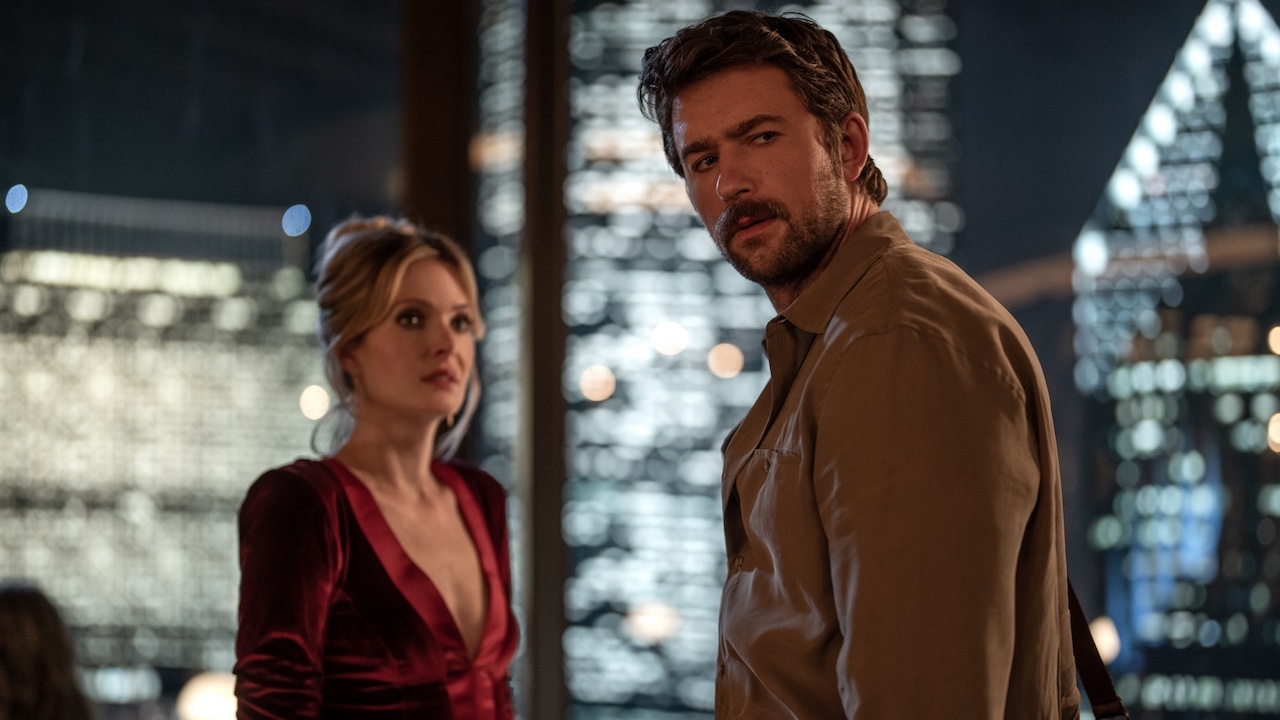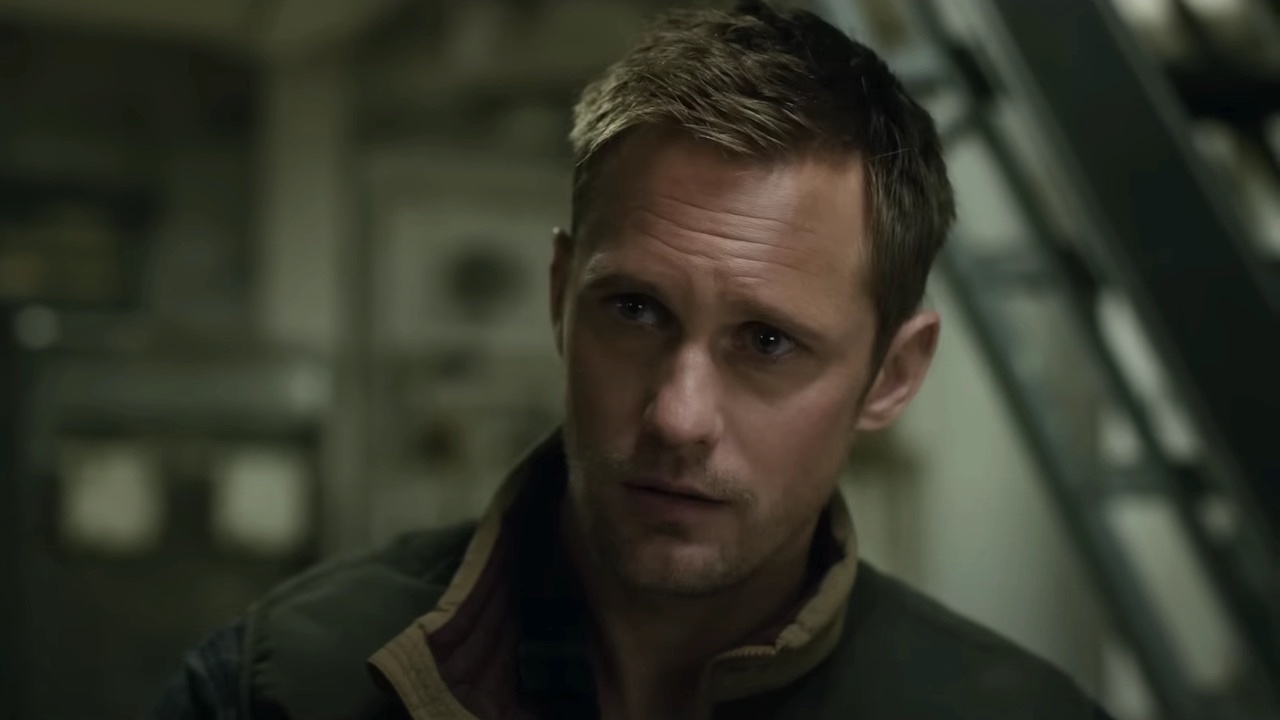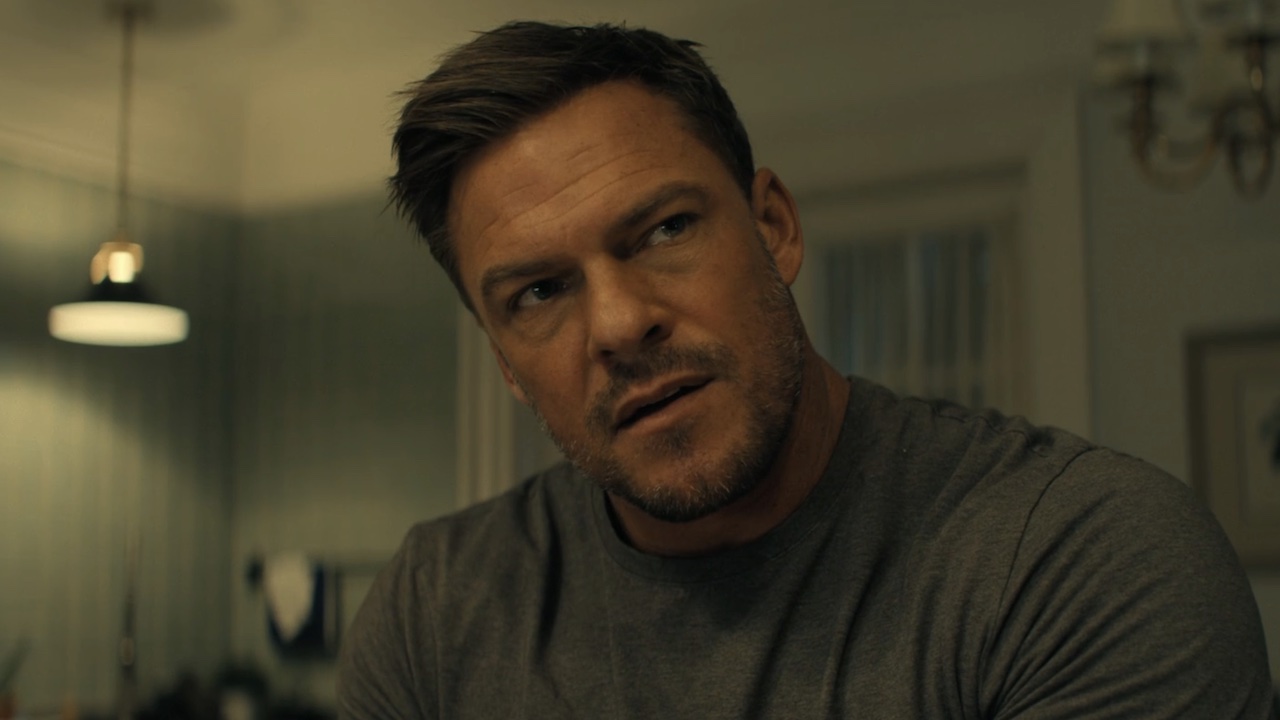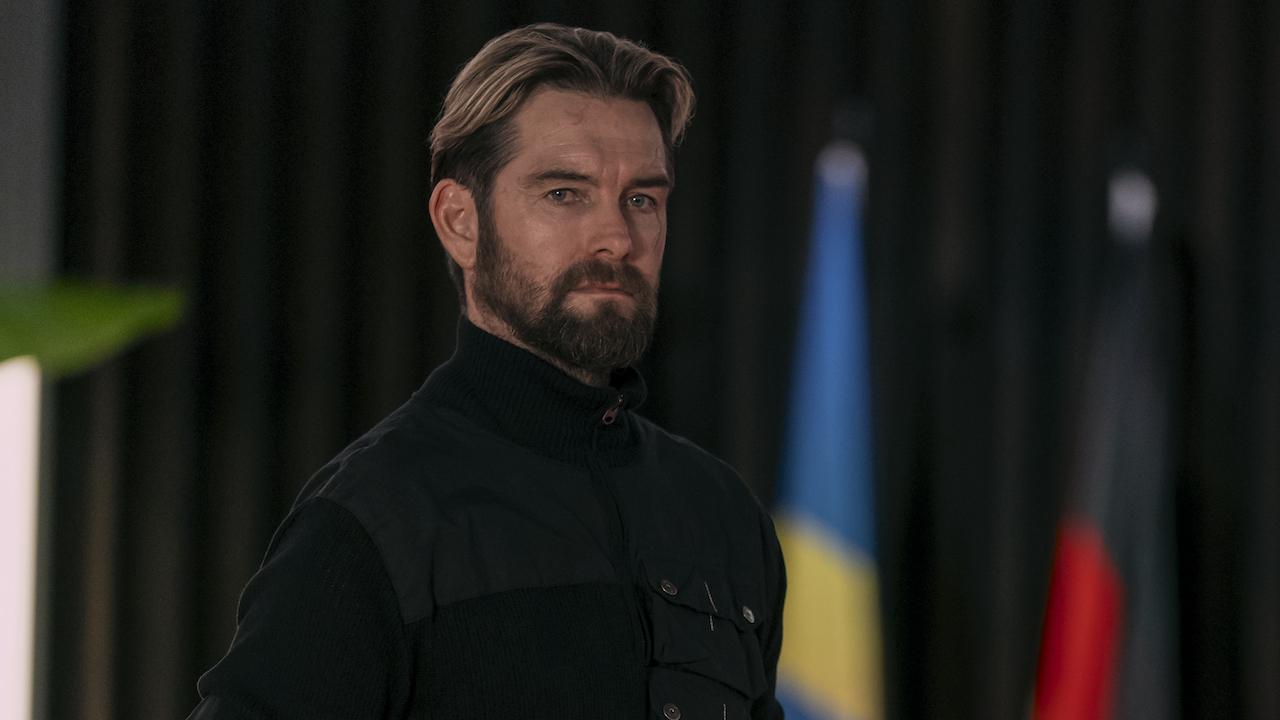The Russo Brothers Confirmed Star-Lord’s Infinity War Mistake Ruined Everything
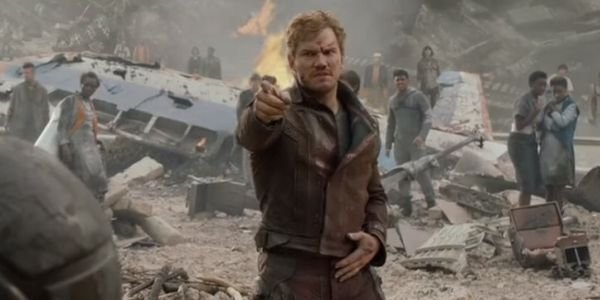
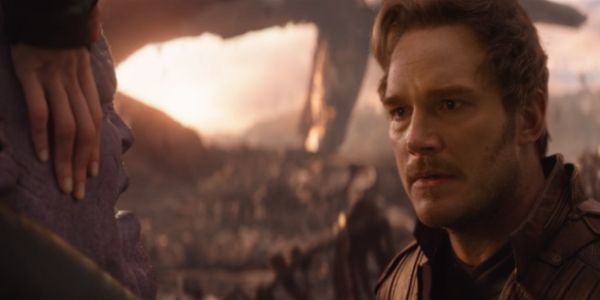
Avengers: Infinity War is a pretty emotional journey. While it may be a comic book superhero movie at its core, the story deals with a lot of serious topics and doesn't have anything even remotely considered a "happy ending." This lack of happy ending has been blamed on one character by many fans. Chris Pratt's Peter Quill, aka Star-Lord. While some have come to the character's defense, the directors of Avengers: Infinity War have now come out and said it, yeah, it's pretty much all his fault. According to Joe Russo...
No. That was the turning point of that scene. Again, these are flawed characters that make emotional choices, human choices. Had Quill not done that, the movie might have ended right there.
In the pivotal scene, A group of our heroes have been able to successfully subdue Thanos. Mantis is using her mental powers to hold the titan at bay while Iron Man and Spider-Man attempt to physically rip the Infinity Gauntlet from Thanos' hand. They ask for Star-Lord's help when he makes the mistake of asking what happened to Gamora.
Mantis is able to ascertain Gamora's fate, that she died so that Thanos could retrieve the Soul Stone. This sends Star-Lord into a rage and a physical attack on Thanos that leads to Mantis losing her hold and Thanos retaining the Gauntlet.
Since Iron Man and Spider-Man had actually been making some headway in pulling off the Gauntlet, many have blamed Star-Lord for the death of literally half of the entire universe as Thanos likely would have been defeated if the Guardian hadn't made things personal.
The Russo Brothers confirmed during a Q&A with Collider that this is absolutely the case. The audience is specifically supposed to take away from this sequence that if Peter Quill doesn't do what he did, that the scene would have ended with good guys getting the Gauntlet. It's all his fault and that's entirely the point.
I remember my first screening of Avengers: Infinity War. When Peter discovers that Gamora is dead and he has trouble processing this information he doesn't want to believe, the audience let out an audible gasp. Everybody in the room could see what was about to happen before it did. Then we all had to watch it play out, realizing what the consequences would be. It's like it all played out in slow motion.
While it's certainly true that Quill's actions are to blame, that's not the same thing as blaming him as a person. As the Russo's point out, these characters are flawed and as such, they make flawed, human, choices. Peter Quill couldn't be expected to think clearly, to consider the bigger picture, when he was told that somebody he loved was dead. He lashed out as many of us would do. Even Chris Pratt understands this.
CINEMABLEND NEWSLETTER
Your Daily Blend of Entertainment News
All of the characters in the Marvel Cinematic Universe are flawed, they'd be boring as hell if they weren't, but that's all the more true of the Guardians of the Galaxy. The entire storyline of these characters is about deeply flawed characters, some dealing with serious and traumatic events, finding each other and beginning to heal simply by dealing with their trauma together.
In the case of Peter Quill, the first Guardians of the Galaxy saw him suffering under the tremendous guilt of choosing not to be with his mother when she died. He was a child and he made a rash decision, but the moment weighs.on him. In the climactic battle, the movie draws a connection between Meredith Quill and Gamora as Gamora repeats the same words ("take my hand") that Meredith had said before she died.
Earlier in Avengers: Infinity War, Peter had promised to kill Gamora himself in order to prevent her from being taken by Thanos. It's a promise which he has great difficulty agreeing to, and then following through on in the moment, but he does pull the trigger on his gun. He commits the necessary action to kill somebody he loves, though the Infinity Gauntlet ultimately prevents the blast from coming.
So, Peter Quill has gone through the emotional turmoil associated with killing a loved one, still failed to fulfill his promise, and then he discovers that Gamora died anyway, after revealing exactly the information she wanted to see die with her. Just how much suffering is one guy supposed to deal with before he goes off?
What Peter Quill does honestly makes perfect sense. Sure, if he'd been able to keep a handle on his emotions he could have realized they might have been able to get the Infinity Gauntlet and then Peter could take out his aggression on a much weaker Thanos but is that really realistic?
Of course, there's also a more narratively focused point to be made. When Joe Russo says "the movie might have ended right there" if Peter Quill hadn't done what he did, he's being quite literal. If the heroes had retrieved the Infinity Gauntlet they would have won the day, and if that had happened there would be no need for Avengers 4 to even happen. If the good guys win the story ends and the drama is gone. Peter Quill had to do what he did because the story required it.
In the end, it seems unlikely that Star-Lord's mistake will have any lasting consequences. Peter Quill himself was a victim of the snap so he won't be around for anybody to point the finger at him. And assuming that, as expected, something will happen which will largely reverse the events of the end of Avengers: Infinity War, then it becomes a "no harm, no foul" sort of issue. And if that doesn't happen, then Star-Lord stays dead and still isn't around for people to be mad at him.
With the fate of Guardians of the Galaxy Vol. 3 up in the air, worse things could happen.
We'll find out for sure when Avengers 4 completes the story that Avengers: Infinity War started when it arrives in theaters in May.
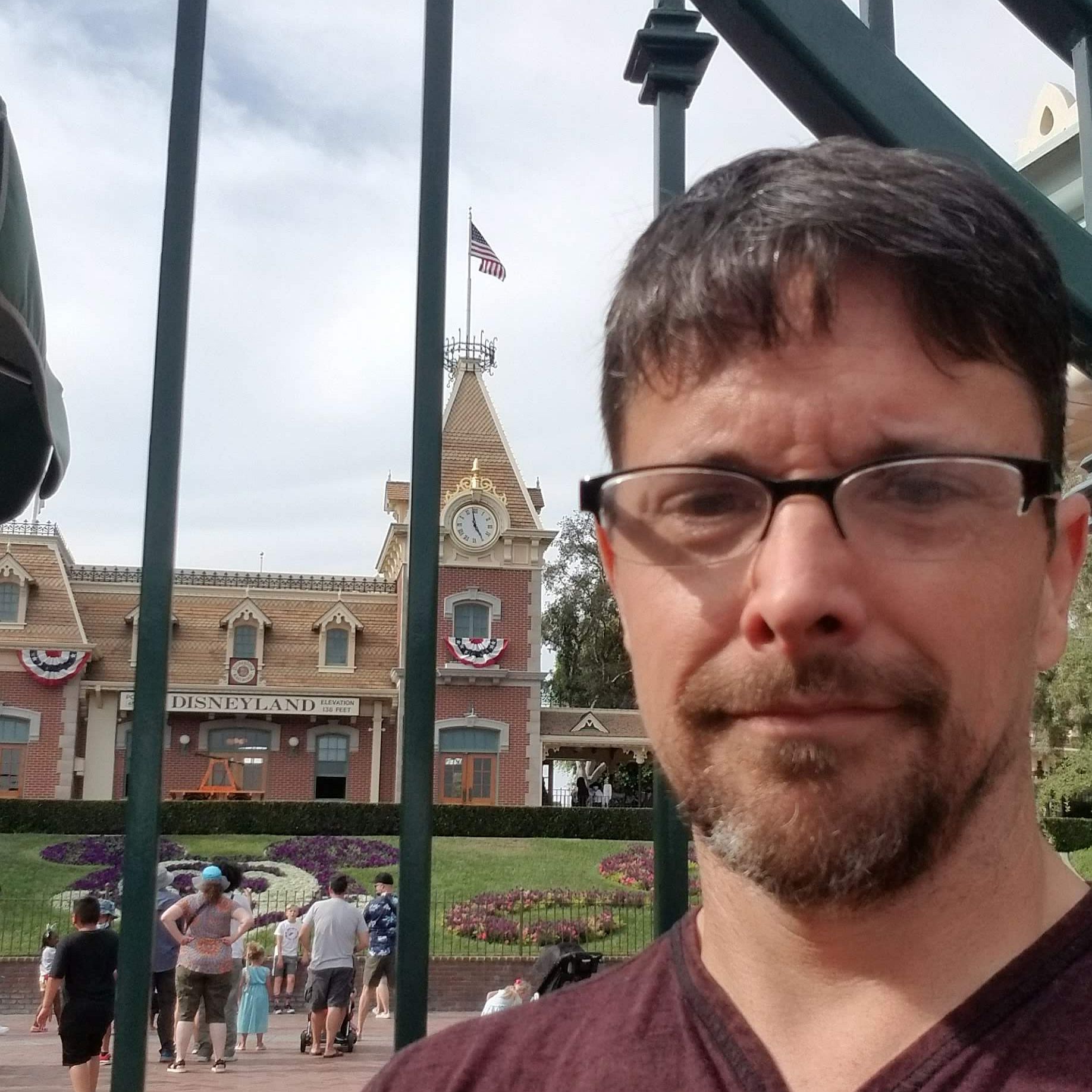
CinemaBlend’s resident theme park junkie and amateur Disney historian, Dirk began writing for CinemaBlend as a freelancer in 2015 before joining the site full-time in 2018. He has previously held positions as a Staff Writer and Games Editor, but has more recently transformed his true passion into his job as the head of the site's Theme Park section. He has previously done freelance work for various gaming and technology sites. Prior to starting his second career as a writer he worked for 12 years in sales for various companies within the consumer electronics industry. He has a degree in political science from the University of California, Davis. Is an armchair Imagineer, Epcot Stan, Future Club 33 Member.
